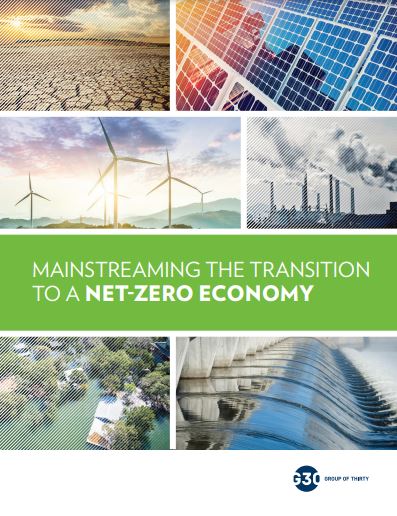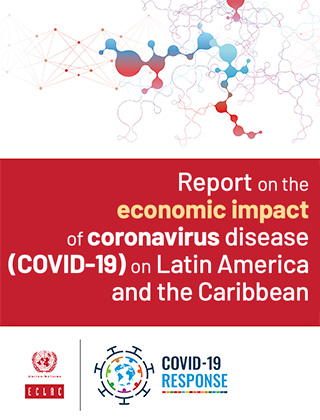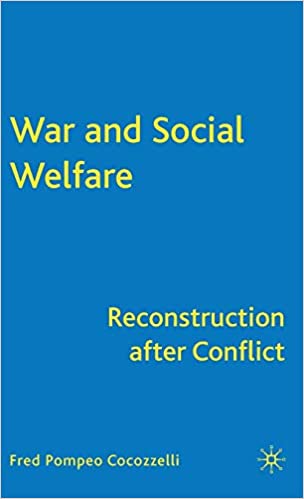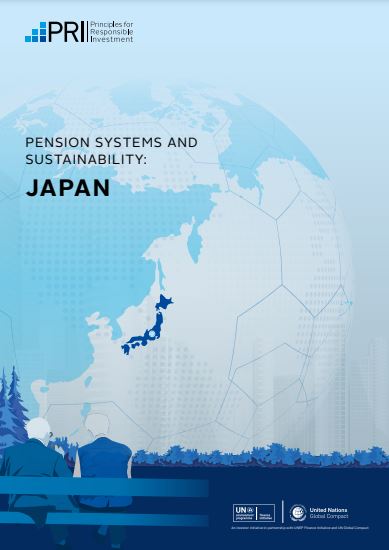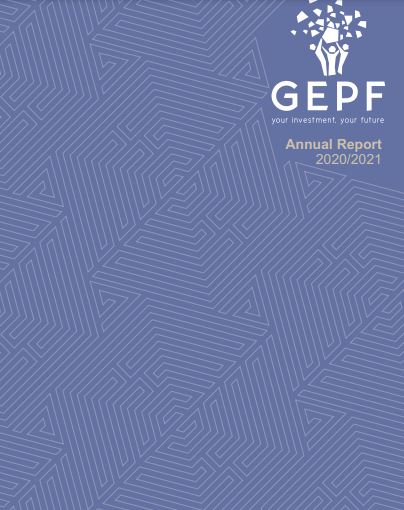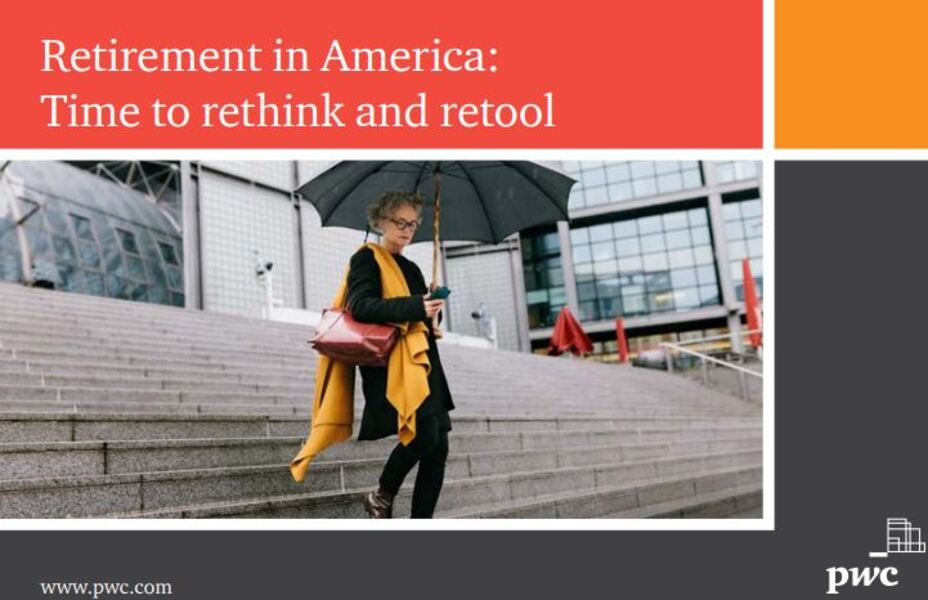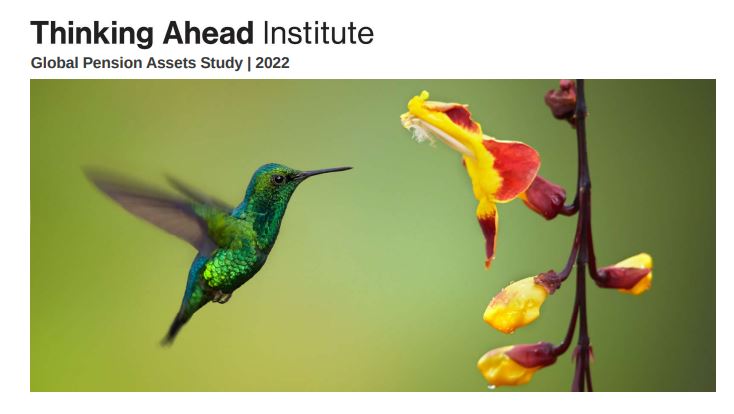Mainstreaming the Trasition to a Net-Zero Economy
By Group of Thirty The evidence that climate change is posing unprecedented risks to our livelihoods is overwhelming. Atmospheric concentrations of carbon dioxide (CO2) have reached the highest levels in 800,000 years. Over the last three decades, the number of registered severe weather events has tripled. The cost of weather-related insurance losses has increased eightfold over the past decade, to an average of US$60 billion; and average uninsured losses from weather events have increased sevenfold. Still, these effects pale in significance...

